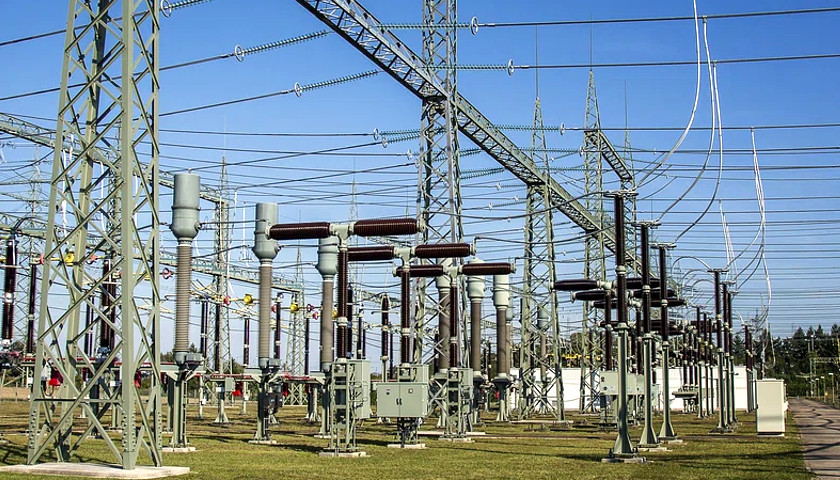by John Solomon
The U.S. Energy Department faces major management challenges ranging from hacking vulnerabilities to foreign espionage and could create “massive new risks to the taxpayer” as it spends tens of billions of dollars in new spending from President Joe Biden’s signature infrastructure initiative, the agency’s internal watchdog warns.
The Office of Inspector General offered a stark assessment of the department under Secretary Jennifer Granholm, pointedly warning losses from fraud in the current infrastructure spending could mirror that seen during the COVID pandemic, where taxpayers now lost an estimated $200 billion government wide.
The department faces “unprecedented challenges raised by the passage of the Infrastructure Investment and Jobs Act, the Inflation Reduction Act, the CHIPS and Science Act, and the Puerto Rico Energy Resilience Fund,” the watchdog reported this month. “Preventing fraud, waste, and abuse in connection with these funds will be extremely difficult.”
The report reviewed by Just the News noted that the Pandemic Response Accountability Committee (PRAC) offered many “lessons learned” about the risks of spending federal money fast, such as the use of 69,000 questionable Social Security numbers to obtain $5.4 billion in fraudulent loans and grants.
“Fast money must be balanced against the need for thoughtful and effective internal controls and independent audits,” the report declared.
The inspector general urged Congress to provide it more money to launch preventative audits.
“These massive new risks to the taxpayer are occurring in tandem with substantial underfunding of the Office of Inspector General (OIG). Underfunding oversight makes an inherently risky situation much more amenable to fraud, waste, and abuse,” it said.
Outside the risks of new spending, the Energy Department also suffers lapses in its capability to fend off against cyber attacks, the inspector general said.

“The Department continues to experience many challenges related to the implementation of an effective cybersecurity program. The Department’s existing governance structure continues to inhibit its ability to respond to cybersecurity evolving risks and mandates,” the report warned.
Likewise the department is struggling to combat foreign espionage aimed at stealing its technology, and those risks will only grow as the agency “continues to invest heavily utilizing funds” from the Biden infrastructure initiative. It suggested the agency sometimes suffers from an academic laissez faire in the face of such threats.
“While some of this work is for fundamental research that is freely published in public, much of it is subject to intellectual property protections and/or national security considerations,” the report said. “These major investments remain a target for foreign governments seeking to illicitly acquire access to U.S.-funded research and technologies.
”This is particularly troubling given the Department’s integral role in the development and maintenance of nuclear weapons systems, along with other pivotal national security missions,” it added.
The report said that the department has an enormous opportunity to provide global leadership with the explosion of artificial intelligence, but that it needs to develop an enterprise level strategy rather than ad hoc projects.
“With its research capabilities, the Department has a tremendous opportunity to provide leadership covering research principles and guidelines, processes, and technical rigor,” the report said. “As the custodians of the most advanced high-performance supercomputers and massive multimodal data sets stemming from diverse research, the Department and its National Laboratories are well- situated to collaborate with each other and external partners in taking a leading role in developing and deploying AI.”
– – –
John Solomon is an award-winning investigative journalist, author and digital media entrepreneur who serves as Chief Executive Officer and Editor in Chief of Just the News. Before founding Just the News, Solomon played key reporting and executive roles at some of America’s most important journalism institutions, such as The Associated Press, The Washington Post, The Washington Times, Newsweek, The Daily Beast and The Hill.








